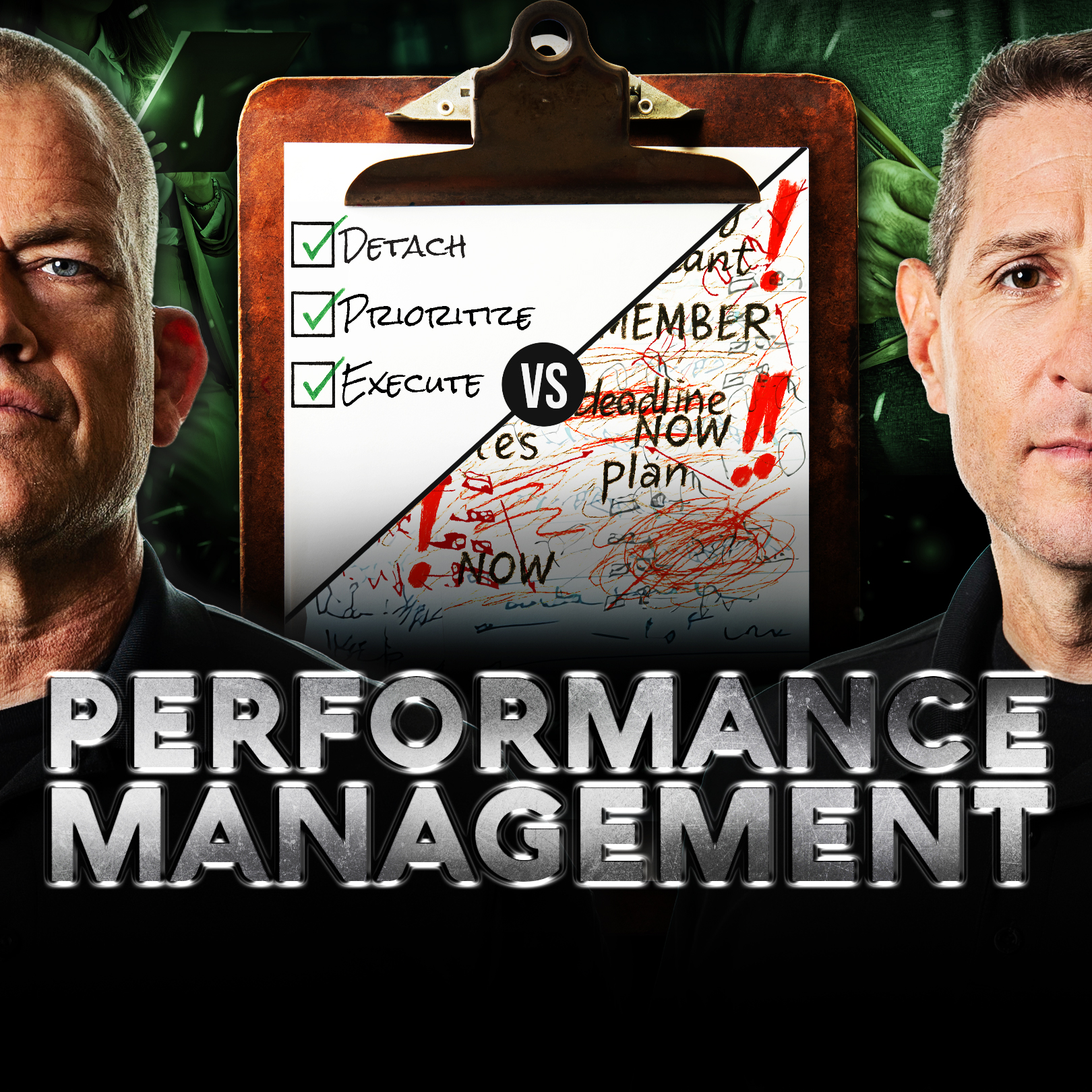In the current corporate landscape, understanding why performance management is important is a question that resonates across all levels of an organization. Performance management refers to the ongoing process of communication and feedback between a manager and an employee throughout the year, in support of accomplishing the strategic objectives of the organization.
Why Is Performance Management Important in Achieving Organizational Goals
At its core, performance management is tied to its ability to align individual employee objectives with broader organizational goals. It provides a structured framework for employees to understand what is expected of them and how their contributions directly impact organizational success.
Effective performance management involves setting clear performance expectations, providing regular feedback, and evaluating the outcomes against predefined objectives. It’s about fostering an environment where continuous improvement is encouraged and rewarded.
Enhancing Employee Development and Engagement
Another crucial aspect of why performance management is so important is because of its role in employee development and engagement. Through regular feedback and coaching, employees gain insights into their strengths and areas for improvement. This empowers them to develop their skills and advance their careers within the organization.
Performance management also plays a significant role in employee engagement. When employees see that their efforts are recognized and they are provided with opportunities for growth, they are more likely to be motivated and committed to their work.
Driving Organizational Growth and Competitiveness
Effective performance management directly contributes to the growth and competitiveness of an organization. It ensures that the workforce is aligned with the company’s strategic direction and is working efficiently towards achieving those goals.
Facilitating Better Communication and Feedback
A key component of performance management is regular communication and feedback. This open line of communication helps in clarifying expectations, adjusting goals as necessary, and addressing any issues or challenges promptly. A good way to build in feedback loops is to tie in a weekly debrief session with your team. Three key areas to look at: What did we get right, what did we get wrong, and what can we do to improve and get better? By having a weekly debrief session, we’re sharing best practices, and lessons learned, so we don’t make those same mistakes and we’re growing as a team.
The Impact of Performance Management on Organizational Culture
Performance management also extends to its impact on organizational culture. A robust performance management system fosters a culture of accountability, transparency, and high performance. It sets the tone for a results-driven environment where excellence is the norm.
Addressing Performance Issues and Fostering Improvement
Performance management is critical for identifying and addressing performance issues. It allows managers to intervene early and provide the necessary support to improve performance, which can be beneficial both for the employee and the organization. When we’re addressing performance issues, it’s always best to remember what it was like as a front-line worker or when you first came into a new position. A goal we should have is to bring the best out in all our people. This means we have to be able to have healthy, productive conversations that lead to results without damaging the relationship we’re trying to build with the team or the person.
Leveraging Performance Management for Strategic Alignment
Performance management is a key tool for aligning employee performance with the strategic goals of the organization. It ensures that every team member understands and works towards these objectives, contributing to the overall success of the company.
Enhancing Decision-Making and Planning
Effective performance management enhances decision-making and planning within an organization. By providing data and insights on employee performance, it helps leaders make informed decisions about talent management, resource allocation, and strategic planning.
Conclusion
In conclusion, why is performance management important? It is a vital tool that helps organizations align their workforce with strategic goals, develop and engage their employees, and create a high-performance culture. By implementing effective performance management practices, organizations can ensure that they have the right people with the right skills doing the right jobs to drive success and growth.
Download this free Debrief resource and continue your growth with Extreme Ownership.




